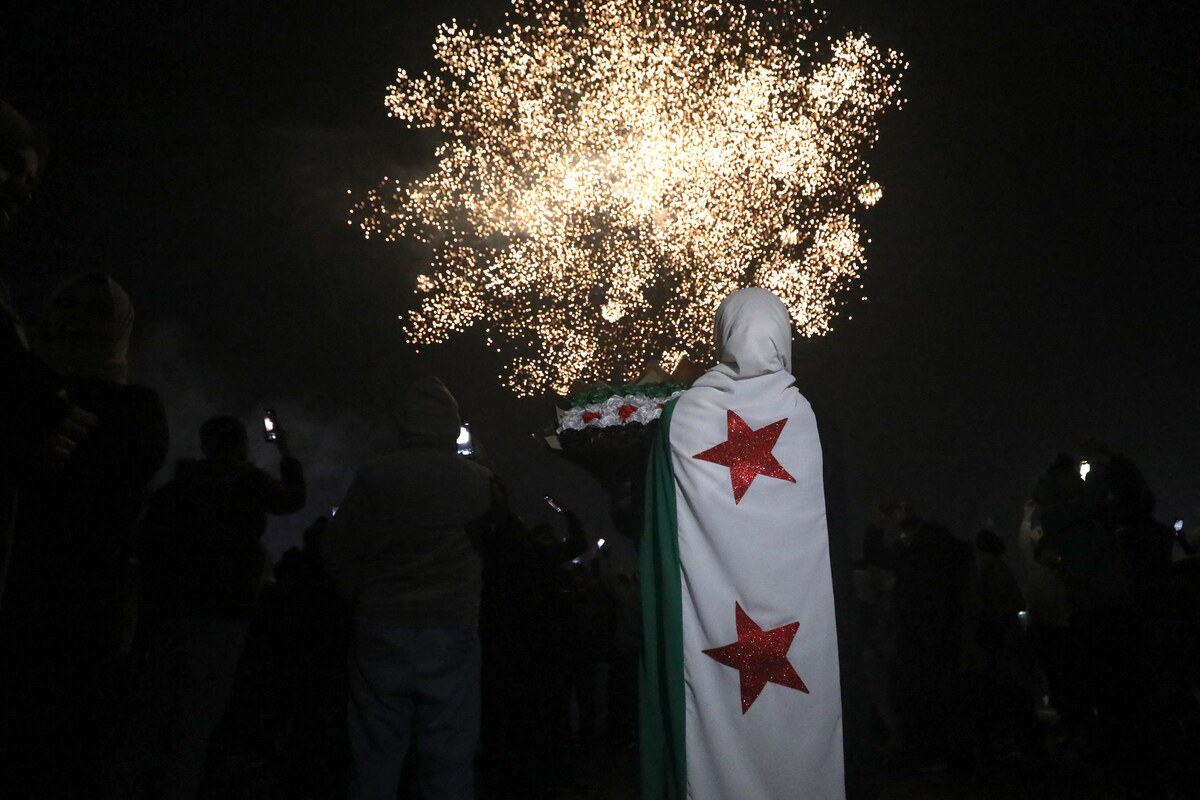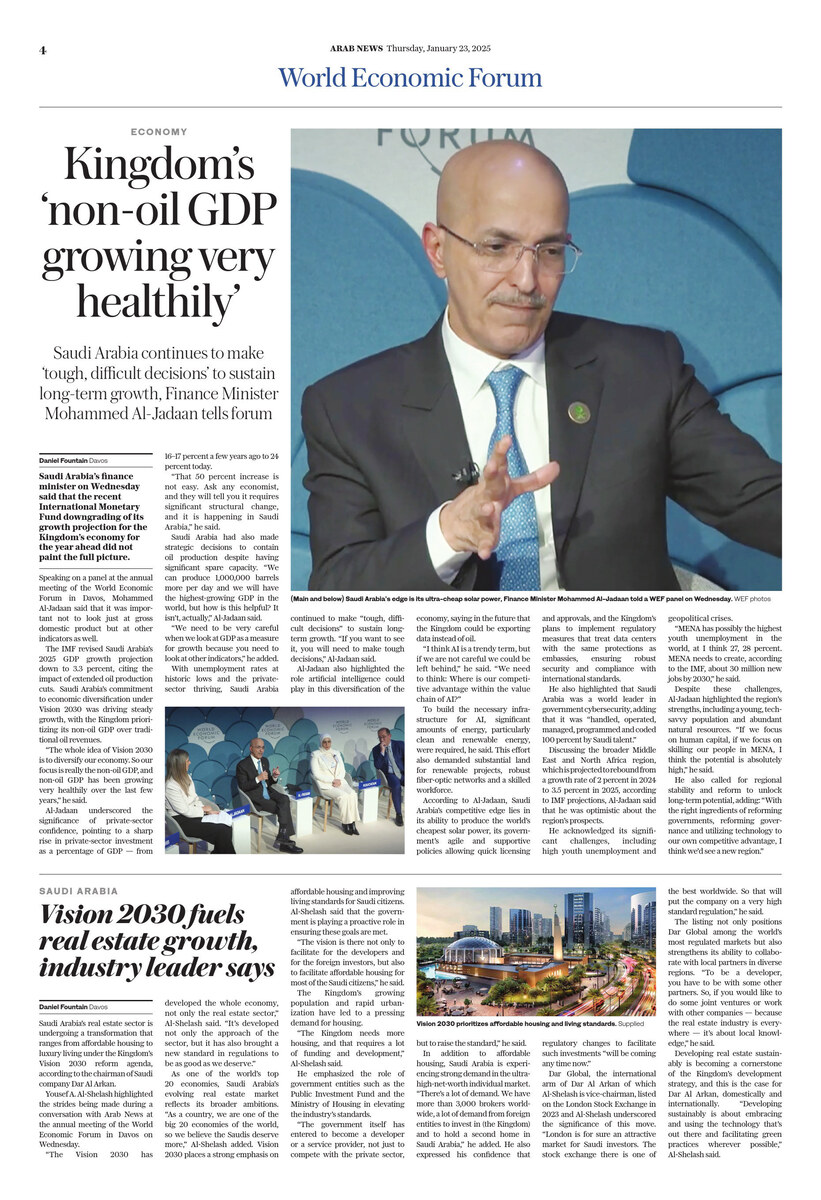DUBAI: Saudi Arabia has urged caution against “gloomy expectations” regarding the possible impact of the spread of the coronavirus on the global economy and oil demand.
The death toll from a coronavirus outbreak in China rose to 81 on Monday with more than 2,700 infected as health authorities around the world stepped up screening of passengers from China.
Crude prices fell about 3 percent on Monday as the rising number of cases of the coronavirus and China’s city lockdowns and extension of its Lunar New Year holiday deepened concerns over oil demand.
But Saudi Energy Minister Prince Abdul Aziz bin Salman said the impact being seen on oil and other markets was “primarily driven by psychological factors and extremely negative expectations adopted by some market participants despite its very limited impact on global oil demand.”
“Such extreme pessimism occurred back in 2003 during the SARS outbreak, though it did not cause a significant reduction in oil demand,” the minister said in a statement.

Fellow Gulf OPEC oil producer UAE echoed the Saudi minister’s comments.
“It is important that we do not exaggerate projections related to future decreases in oil demand due to events in China,” UAE Minister of Energy Suhail Al-Mazrouei said.
In March “OPEC and OPEC+ member countries will discuss market conditions and, if required, all options to ensure continued market balance,” he said.
The Saudi minister said OPEC and its allies could respond to any impact on the oil market, adding he was confident the Chinese and international authorities could contain the virus.
Brent crude slid $1.37 a barrel to settle down at $59.32, its lowest since late October and the biggest intra-day fall since Jan. 8.
US crude fell $1.05 to settle at $53.14 a barrel.
Prince Abdul Aziz said he was confident the Organization of the Petroleum Exporting Countries (OPEC) and other producers, a group known as OPEC+, “have the capability and flexibility needed to respond to any developments.”
Oman’s oil minister told Reuters on Monday that he fully supported Saudi Arabia’s readiness to react to any impact the virus has on the market.

OPEC+, which includes Russia, has been reducing oil supply to support prices and has agreed to hold back 1.7 million barrels per day (bpd) of output until the end of March.
Prince Abdul Aziz said all options were open when OPEC+ meets in Vienna in March.
An OPEC source said on Monday that there were “preliminary discussions” among OPEC+ for an extension of the current oil supply cuts beyond March, and a possible deeper cut was also an option, if there was a need, and if the China virus spread impacted oil demand.
































